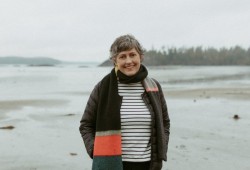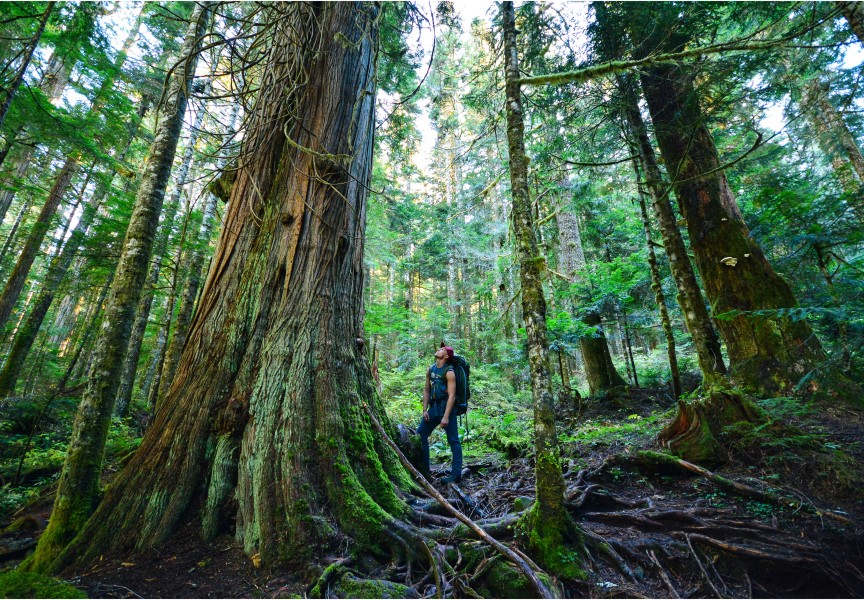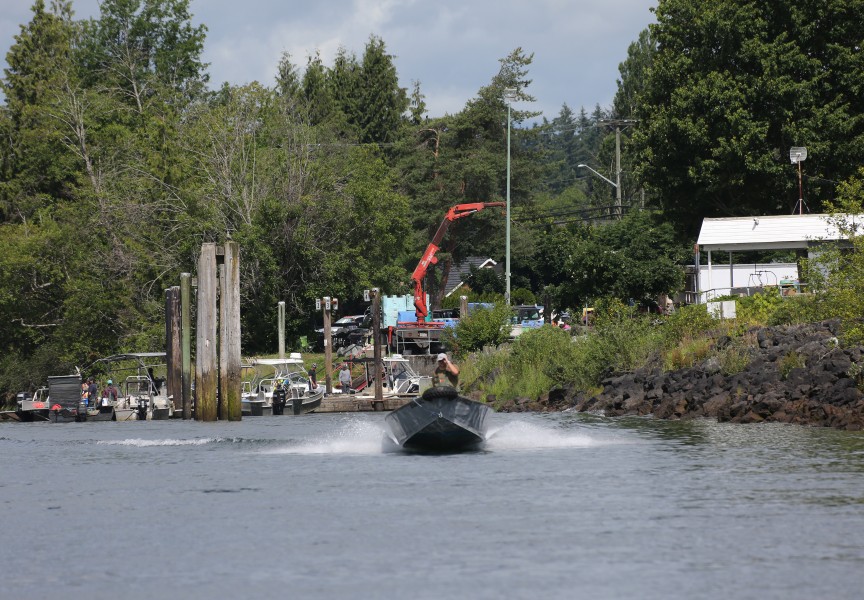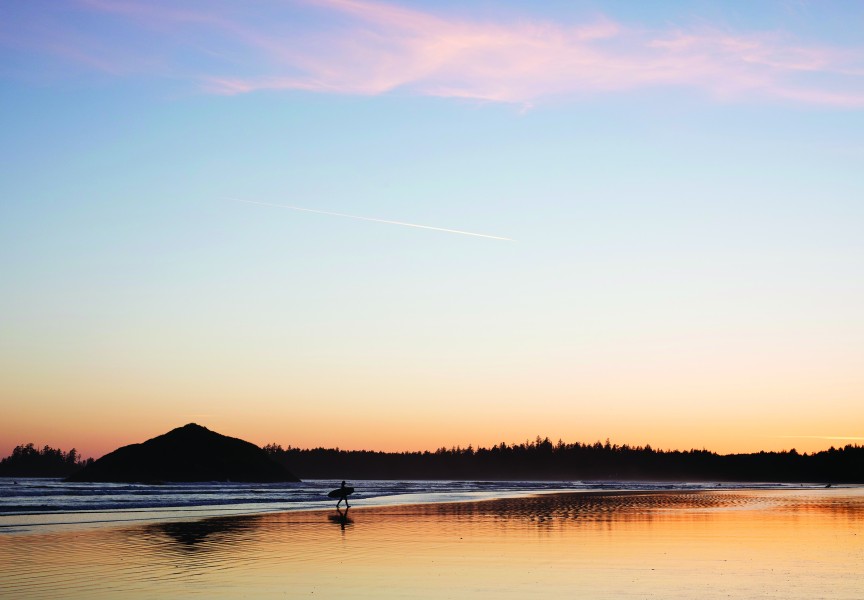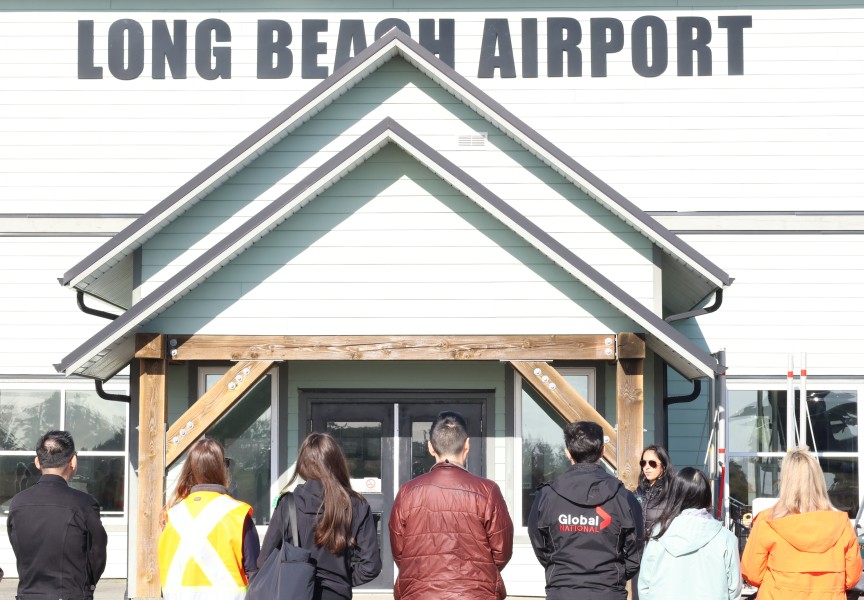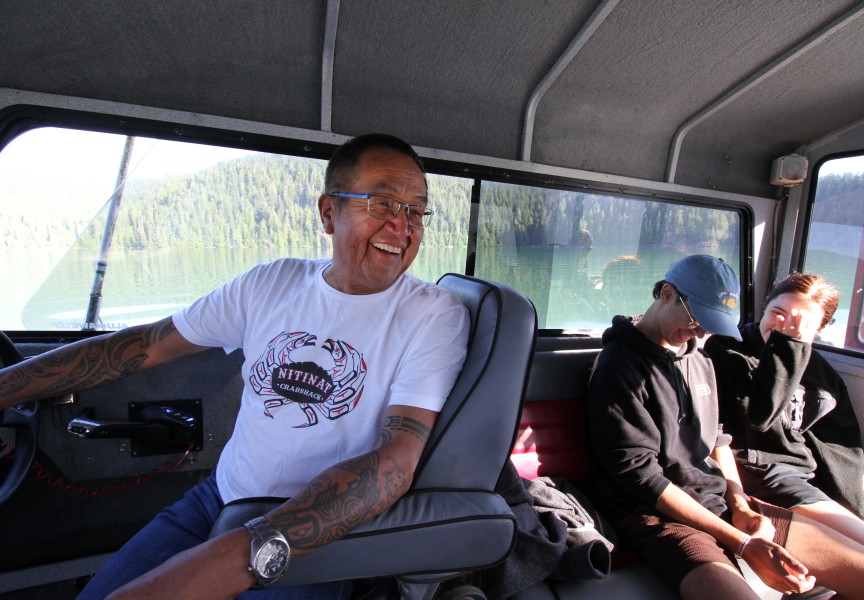Saya Masso is grateful for the work that Tourism Tofino officials are doing.
But Masso, the lands and resources manager for Tla-o-qui-aht First Nation, believes much more needs to be done before his First Nation can fully start reaping benefits it deserves.
Tourism Tofino announced last month details of a new initiative through an organization called Destination Think. Tourism Tofino is one of the founding members of this group, whose goals include implementing improvements in travel.
A focus for this new group will be supporting Indigenous rights, culture and language revitalization through tourism.
Jody Kirk, Tourism Tofino’s destination stewardship manager, believes this focus is vital.
“It is important to Tourism Tofino that visitors understand that when they’re visiting Tofino, they are in Tla-o-qui-aht territory and to have an appreciation of the culture, history and ongoing stewardship of the area,” she said. “We want visitors to understand that this place is so special because of current and millennia-long Indigenous traditions of stewardship.”
Kirk also said Tourism Tofino has launched an upgraded website, which incorporates Nuu-chah-nulth content. This content was created with reps from the Tla-o-qui-aht Tribal Parks.
It can be viewed here: https://tourismtofino.com/about-tofino/tla-o-qui-aht-tribal-parks/
Those who visit the website can also see details on the allies program and the ʔiisaak pledge.
Masso said the Tla-o-qui-aht First Nation created its allies program in 2018.
“Our band members asked us to write a letter seeking a relationship with all of the businesses in town and to see the implementation of our right to benefit from our title lands,” Masso said.
The goal was to get Tofino businesses to contribute a one-per-cent fee, from money they get from their customers, to help maintain the Tribal Parks.
The plan hit an obvious snag when the COVID-19 pandemic hit. But it has been recently ramped up again. And it is featured in the Destination Think initiative as visitors are encouraged to explore the Tla-o-qui-aht First Nation’s allies program page.
“I’m proud of them advocating and trying to drive traffic to our Tribal Parks and bring attention to it and show the value of our Tribal Parks program,” Masso said of Tourism Tofino officials. “It all helps. We’re very proud of what they’ve done.”
The Tribal Park allies program is done completely on a volunteer basis.
“We have 125 businesses that are allies but that’s not anywhere near all the businesses in Tofino,” Masso said.
Masso realizes that so much more work could be done on this front.
“This is a $350 million economy in Tofino,” he said. “And it is a result of the Meares Island Tribal Park that protects the drinking water for Tofino. Meares Island Tribal Park cost us a lot of money to go to court, to fight in court to stop logging and to establish that park. If we were getting one per cent of that economy that is Tofino, we would have $3.5 million a year. But we’re very far from that.”
Masso added his First Nation received about $300,000 from the allies program in 2023. This figure was well below what Tla-o-qui-aht officials are hoping from the one-per-cent fee.
“So, we have a long way to go,” Masso said. “And rising tides should float all boats. We have a lot of infrastructure needs and service needs we’re trying to address. And so, it’s important to elevate the Tribal Parks allies program. It’s literally a human right for Indigenous people to benefit from the use of their lands. We have to go knock on doors to get our right recognized.”
As for the ʔiisaak pledge, Masso said that was established several years ago as well.
“But this year we refined it,” he said. “I think we got it much more articulate and easier for people to understand.”
The pledge can be viewed here: https://tourismtofino.com/about-tofino/iisaak-pledge/
It includes four Tla-o-qui-aht teachings and laws.
“We’re asking people to live up to the principles of it,” Masso said. “Even residents. People get it. People understand. The environment is on peoples’ minds all the time. I think it’s received really well.”
Those browsing the website can also learn local names in Nuu-Chah-Nulth language.
“We also worked with Destination Think on a podcast series featuring local stewardship and tourism initiatives, including interviews featuring projects led by the Tla-o-qui-aht and Ahousaht First Nations to gain greater benefits from visitation and fund much-needed stewardship actions,” Kirk said.
Another British Columbia organization, the Cariboo Chilcotin Coast Tourism Association, which is based in Williams Lake, is also part of the Destination Think organization.
Also included is Alberta’s Banff & Lake Louise Tourism.
The collective includes four American travel associations as well: Visit Mammoth (California), Travel Marquette (Michigan), Visit Bend (Indiana) and Visit Grand Junction (Colorado).
Others are located in Australia, Denmark, New Zealand and South Africa.



